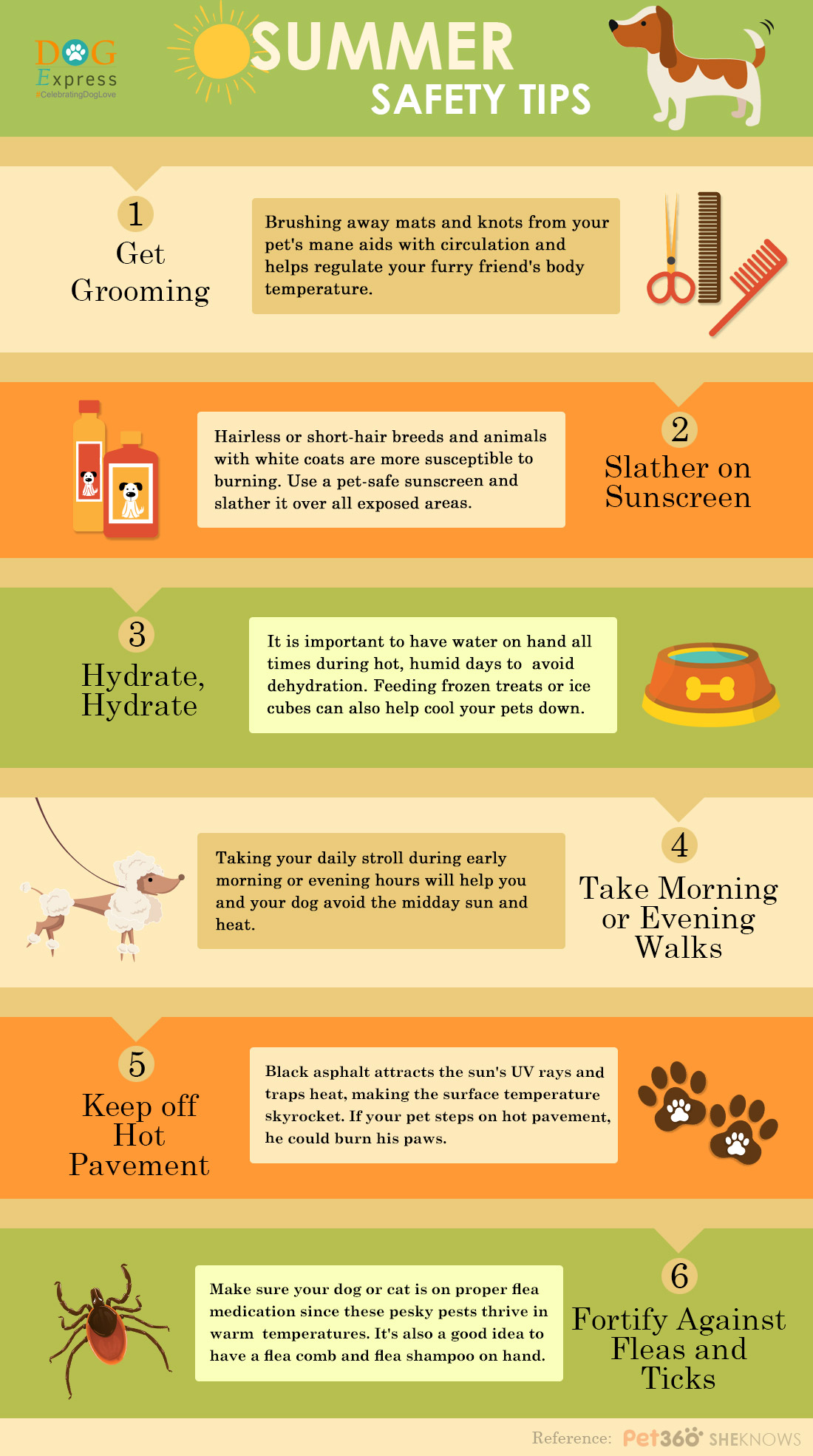Can Dog Daycare Replace Home Playtime
Can Dog Daycare Replace Home Playtime
Blog Article
Can Pet Dog Childcare Reason Disease?
Dogs in childcare receive great deals of workout, socialization with other pets and special experiences. This can be especially useful for puppies and pets with behavior issues.
There are several legal considerations you need to think about when beginning a doggy daycare company. These include the structure of your service and conformity with federal government regulations.
1. Canine Distemper
Canine distemper is spread with direct contact with the bodily liquids and waste of a contaminated pet, yet it can additionally be transmitted through shared water and food bowls or with airborne beads. This extremely infectious ailment is most unsafe for pups, but it can impact dogs of any age and is fatal for many if left neglected.
Preliminary signs of canine distemper commonly simulate an acute rhinitis, consisting of dripping eyes and nose with watery or pus-like discharge. As the condition proceeds, a pet will certainly create high temperature, coughing, lowered cravings, throwing up and looseness of the bowels. The infection can additionally strike the nerves, causing seizures, shivering and partial or full paralysis.
Trustworthy childcares lower direct exposure to infection by calling for inoculations, regular health examinations and comply with stringent hygiene procedures. If your pup seems overly tired or hopping, a day off might aid him recuperate, however you ought to prevent taking him back to daycare until these symptoms clear up.
2. Kennel Coughing
Kennel coughing, likewise known as transmittable canine tracheobronchitis or Bordetella, is a very transmittable viral or microbial illness that affects the respiratory system. It's generally moved with the exchange of saliva or air droplets that a sick dog breathes out. Social pets go to higher risk for infection as a result of their constant communication with one another, such as when they play, share food or water, sniff one another or merely fulfill in a congested atmosphere like a dog park or daycare.
One of the most typical symptom of kennel cough is a relentless and strong cough that sounds like something embeded the throat or retching. Usually, pet dogs will cough up foamy white phlegm. If left without treatment, a pet dog can develop pneumonia and go to significant danger for life.
A reliable childcare center ought to have strict cleansing and hygiene protocols, disinfect all playthings, food and water bowls on a regular basis, and be open concerning their vaccination policies. Maintaining your canine up to day on their vaccinations, specifically for bordetella and canine flu, will considerably reduce their opportunities of getting the health problem.
3. Parvovirus
Canine parvovirus, or parvo, is a highly transmittable viral health problem that can be lethal for puppies and young person canines with poor body immune systems. It's most frequently spread by direct contact with infected canine feces-- which can happen when pet dogs sniff, lick, or preference infected feces-- and indirectly from contaminated individuals, items, or settings (like kennels, brushing areas and yards). Puppies and canines without full vaccination histories are particularly vulnerable to parvo.
The infection is very resilient, making it through in the environment for approximately nine years, and can conveniently be transferred between pet dogs by contact with feces or on shoes, garments, and bedding infected with parvovirus. If not dealt with right away with IV liquids, electrolyte balance, throwing up control medicines and anti-biotics to avoid second microbial infections, a canine will swiftly dehydrate and create severe looseness of the bowels, which leads to shock and blood poisoning. Parvo is difficult to treat once a pet dog has ended up being ill, but with suitable dog kennel near me vet care, several puppies do endure this illness.
4. Pooch Influenza
Dog influenza virus is very contagious and spreads via direct get in touch with, sharing food and water bowls, licking or nuzzling various other canines, via airborne droplets, and via contaminated surface areas. Inoculation is effective in minimizing the risk of infection and break outs.
The majority of affected pet dogs develop a moderate breathing infection with a coughing that lasts 1-3 weeks. They might additionally have nasal and ocular discharge, sneezing, and sleepiness. Several of the most severe instances result in pneumonia and a high fever.
If your pet dog shows any of these signs, do not bring them back to childcare until they are healthy and balanced. If your pet is showing signs of severe exhaustion or limping, speak to your veterinarian immediately and make certain they get on good health supplements to assist develop their resistance. A veterinarian will examine your pet for symptoms of the flu by taking an example from the nose or throat, and blood examinations can be done to confirm.